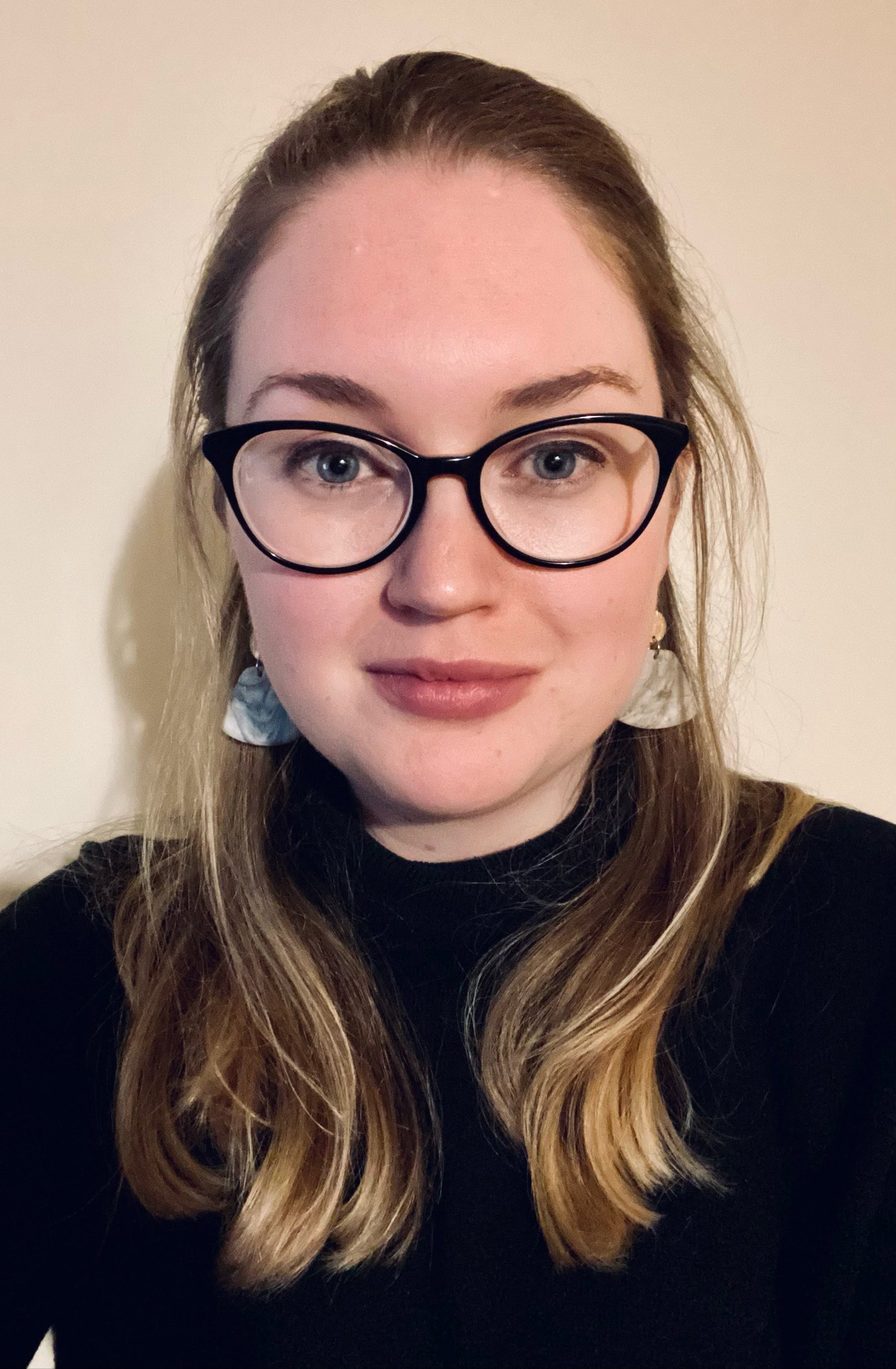Rachel Delman
Heritage Partnerships Coordinator
Research Fellow
College Department
- None -
rachel.delman@humanities.ox.ac.uk
Website
www.torch.ox.ac.uk/people/dr-rachel-delman


Biography
Rachel is a historian and research partnerships professional working at the intersection of academia and heritage. She has published and taught widely on the late medieval and early Tudor periods, specialising in the areas of women’s and gender history, and material, place-based and spatial approaches. More specifically, her research examines women’s contributions to the built environment — from castles and great residences to townhouses, almshouses and schools — as expressions of gendered authority, power and agency. Rachel’s recent publications have explored the afterlives of pre-modern buildings with dominant female narratives in modern-day settings and contexts. Alongside her academic research, Rachel is active as a public and community historian and a heritage consultant. Her research has featured in Le Monde and the New York Times, and she enjoys writing for Tudor Places magazine and the Conversation UK.
Rachel returned to Oxford – where she completed her doctorate in History in 2017 – to take up her role as Heritage Partnerships Coordinator in the Humanities Division in 2022, following research fellowships at the universities of Edinburgh (Susan Manning Fellow, IASH) and York (Leverhulme Early Career Fellow). In her current role, she facilitates and nurtures mutually beneficial partnerships between Oxford’s academic community and external heritage organisations including the National Trust, English Heritage, Historic Royal Palaces and the Charterhouse, among others. She also co-leads an award-winning programme of student and Early Career Researcher activities, including as co-convenor of Heritage Pathway, the Humanities Division’s flagship sector training programme. More widely, Rachel is a Trustee of the Historic Towns and Villages Forum, an Advisory Board Member for the IHR’s Centre for the History of People, Place and Community, and a Fellow of Advance HE, the Royal Historical Society and the Society of Antiquaries of Scotland.
Research Interests
Late Medieval and Tudor periods; women’s and gender studies; built environment; material culture; heritage studies